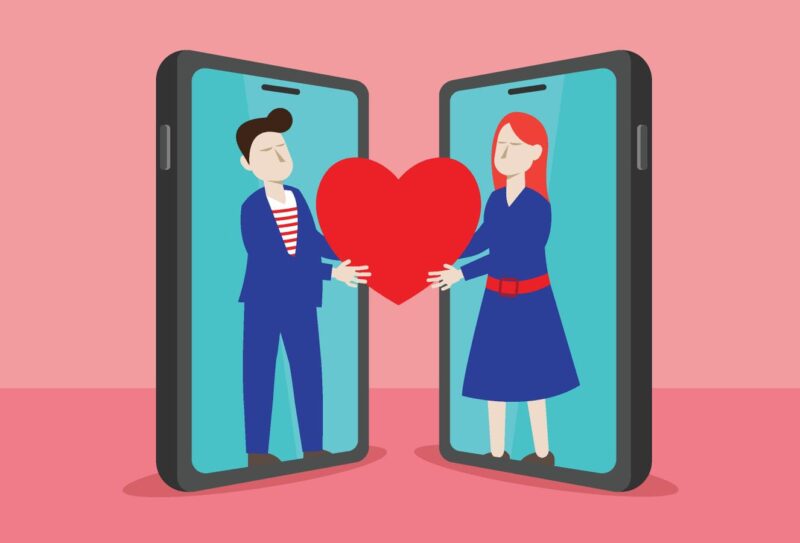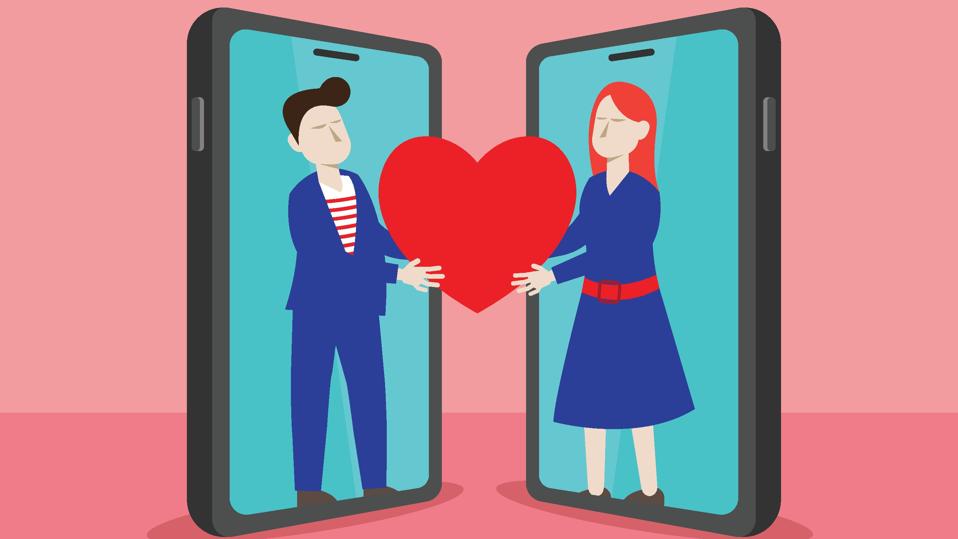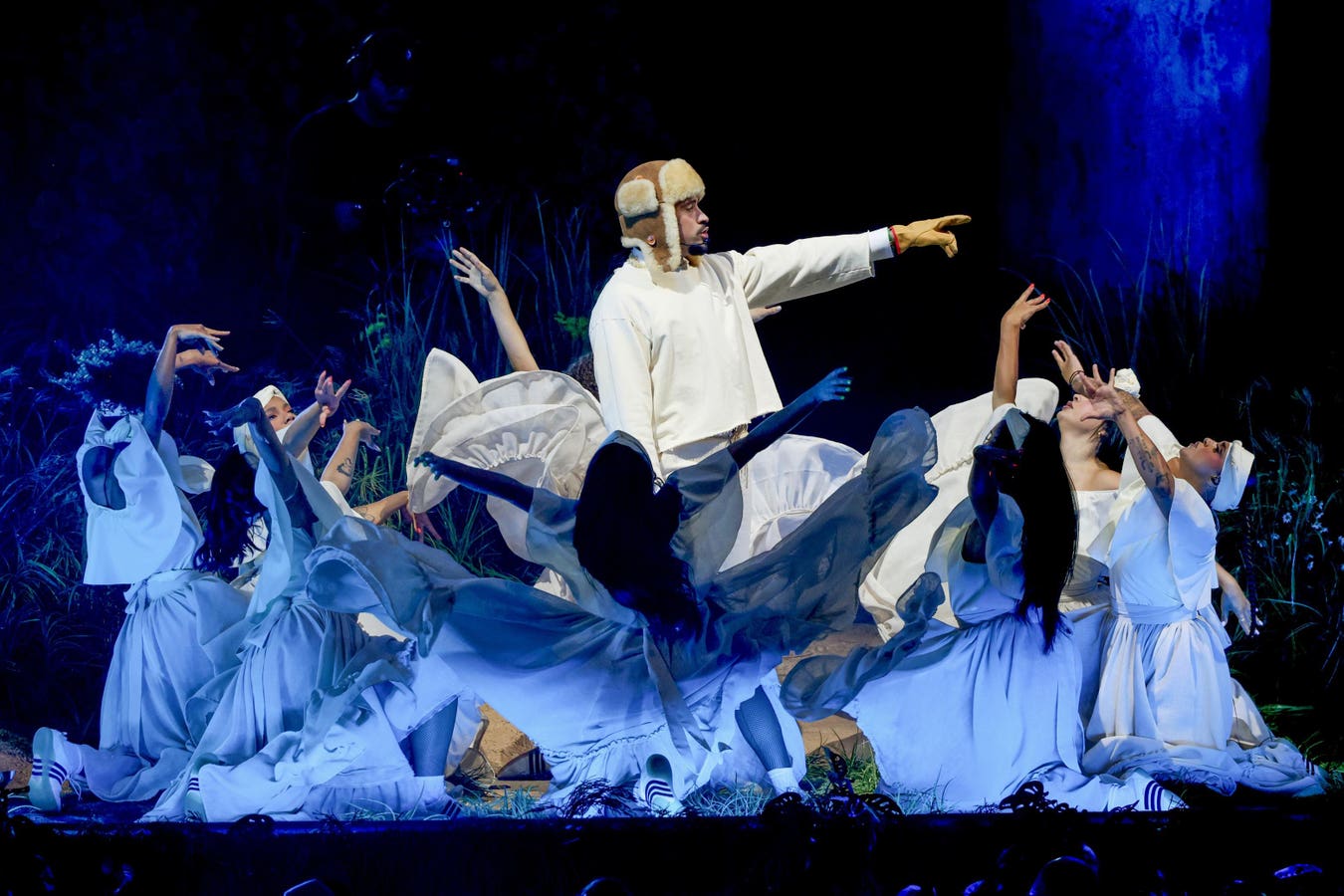We wear our hearts not just on our sleeves, but also on our screens. Here’s why, according to psychological research.
getty
Open any social media app today, and you’ll find that love has gone digital. Couples celebrate anniversaries through reels, share “get ready with me” date videos, post travel montages set to trending audios and even post about the mundane together. Romantic connection, once a private experience, has become part of our online identity.
This emerging trend of “reel-lationships” isn’t just a passing fad. It’s a reflection of how our psychological needs are now being met in the digital age. We’re not only falling in love with our partners anymore. Instead, we’re falling in love (and wanting other people to fall in love) with how our relationships appear and perform online.
Before we dismiss it as superficial, it’s worth asking why it feels so good to share our love publicly. Psychologically, our fascination with reel-lationships taps into three fundamental human needs. Here’s a closer look at each.
1. We Crave Validation
When your couple post gets a rush of likes, red hearts or the complimentary “you two are perfect together” comments, it lights up your brain reward circuitry. The release of dopamine, our inherent “feel good” chemical, strengthens the perception that your union is noticed and appreciated. Social media validation essentially serves as a digital equivalent to affection.
Hard launching your relationship on social media is a way of saying, “I’m proud of us. I want the whole world to know that I choose you.” It’s reflecting the older ways of social proofing, such as announcing engagements in the newspaper or having wedding pictures in living rooms. The medium itself is completely different, but the psychological urge to receive a boost in self-esteem is still the same.
However, studies indicate there’s a huge drawback when self-worth is connected with online feedback. Young adult women whose self-esteem was based on social media used it more for status-seeking and showed higher stress and depression symptoms as well as lower resilience and self-kindness, according to a 2019 study from Sex Roles.
That is, when public opinion becomes the primary indicator of emotional security, and you begin relying heavily on external endorsement, it can actually undermine psychological well-being.
The aim, therefore, is balance. Express affection on the internet and reap the validation social media has to offer, but base your sense of intimacy in moments that do not require a witness. Compliments, appreciation and emotional presence are the likes that really matter.
2. We Love Feeling Like We Belong To Something Bigger
Partaking in reel-lationship trends — be it a couples challenge, video showcasing your outfit, a collaborative travel vlog — is more than entertaining. It fulfills one of our deepest human desires: to belong. A 2023 study published in Computers in Human Behaviour presents this as a personality trait (the “Desire to Belong Publicly”) that defines individuals’ motivation not just to enjoy connection in the real world, but also to share it with others.
Sharing posts about common experiences enables couples to indicate that their union is socially significant. Tagging or getting tagged, likes, conversation through emojis and putting up shared posts make these signals easy and strong, fortifying their relationship further. This online visibility reinforces a sense of identity as part of a larger social group and cultural discourse, mirroring how humans have historically identified themselves through affiliation with groups and common rituals.
Additionally, the 2023 study suggests that those who post about their interactions are seen as favorable partners, which adds a subtle layer of social affirmation. For couples, sharing reels and getting acknowledged for them can become a tiny marker that says, “We’re a team, and we’re part of something larger.” Publicly displaying belonging can thus strengthen social perception.
Having said that, there has to be a balance. When the motivation to demonstrate belonging turns into comparison or duty, it can chip away at authenticity. The best approach, then, is to engage with social media in a way that brings you real joy. Go along with trends, express your affection, but don’t let social pressure dictate your relationship.
3. We Love Telling Love Stories
From love letters to photo albums, humans have always been storytellers. “Reel-lationships” are just the newest extension of that desire to take transient experiences and make them into “our stories.”
From a psychological perspective, narratives build memory, meaning and closeness with one another. As shown in research from the Journal of Social and Personal Relationships, the narrative construction of intimacy and emotion in relationship narratives can predict both the relationship’s quality and the mental health of both partners. More specifically, narratives that emphasized closeness with a happy ending were the strongest predictors of relational satisfaction and stability.
That is to say, when couples make reels together, they’re essentially creating closeness and shared history. Since reel-lationships serve as contemporary scrapbooks, they enhance happiness and remind the couple about how far they’ve come and the positive trajectory that their relationship has taken. Moreover, prioritizing closeness and ending tales on a positive note can even make breaking up less likely in the long run.
However, the dilemma occurs when tales get too glossy, removing the everyday or less-than-perfect aspects of love. The greatest relationships, as with the greatest tales, have layers and textures to them: laughter, conflict, repair, boredom and renewal. The camera doesn’t have to record everything, yet how you tell your story — the way you start and the conclusion you end with — can make your narrated relationship and sense of well-being stronger.
A Gentle Reminder: Post Love, But Live It Too
There’s nothing inherently wrong with being in a reel-ationship. When done mindfully, it can be a joyful, creative way to connect. Sharing affection publicly can strengthen your bond and help you feel part of something larger. That said, love doesn’t need to be optimized for views. The most meaningful moments are usually the ones no one else sees. It’s the quiet mornings, the private jokes and the small gestures that never usually make it into a reel.
So post your joy, celebrate your milestones and laugh over your bloopers. But when the camera stops rolling, return to what love has always been: two people building something real, away from the lens, in their own unfiltered rhythm.
Wondering how well you and your partner strike this balance in love? Take the science-backed Relationship Satisfaction Scale to find out.









